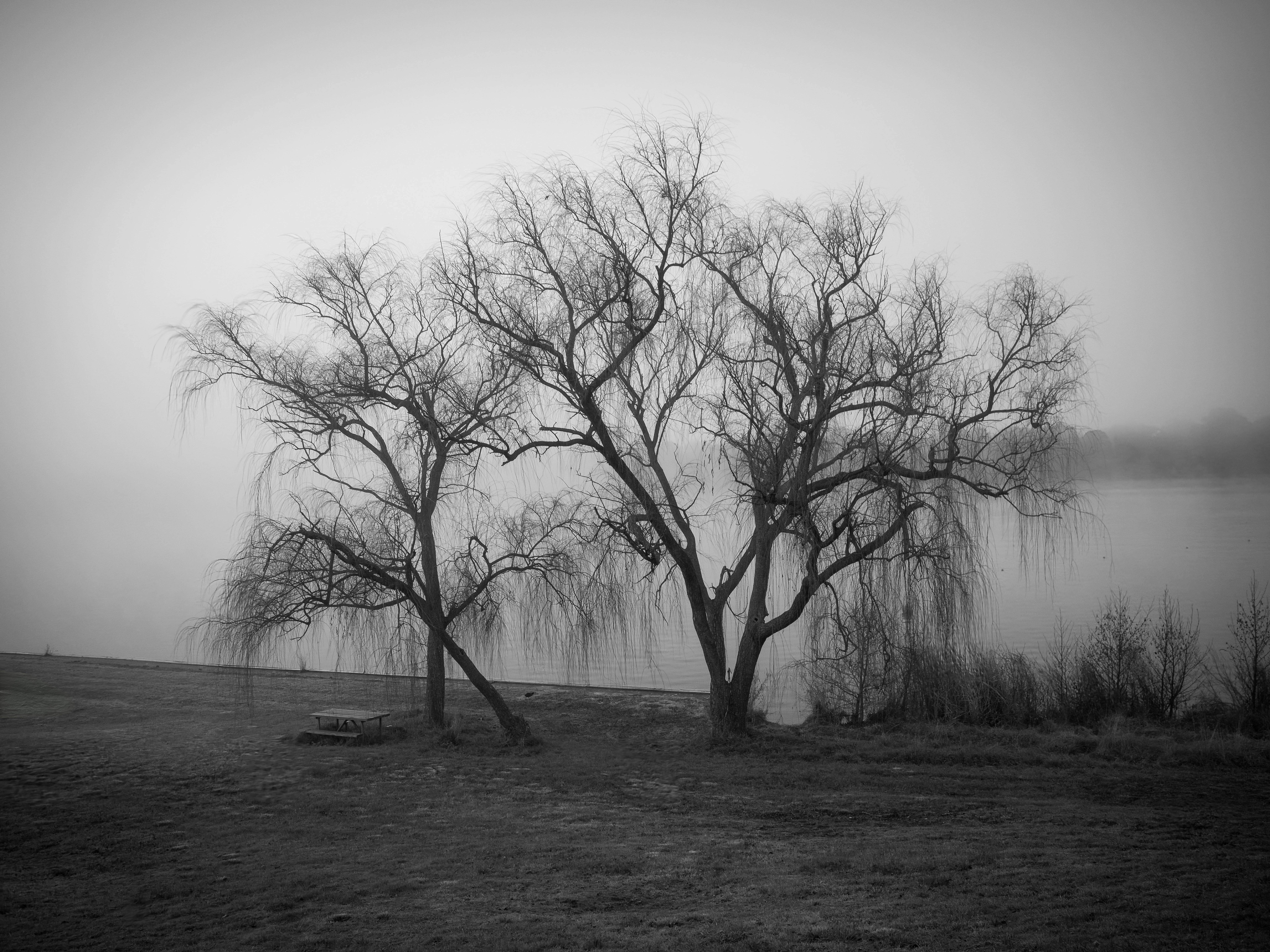

Nourishing the Kidney and Conserving Essence
Winter in Classical Chinese Medicine: Nourishing the Kidney and Conserving Essence
In Classical Chinese Medicine (CCM), each season corresponds to specific organs, energies, and lifestyle practices. Winter, associated with the Water element, governs the Kidney (and Bladder and is a time for rest, conservation, and deep nourishment.
Several foundational texts discuss seasonal energetics, including:
Huang Di Nei Jing (Yellow Emperor’s Inner Canon)
"The three months of winter are called ‘Closing and Storing.’" (Su Wen, Ch. 2)
Winter is a time to "go to bed early and rise late" (早卧晚起), conserve energy, and avoid excessive exertion.
The Kidneys store Jing (Essence), the root of vitality and longevity.
Shang Han Lun (Treatise on Cold Damage)
Ancient physician Zhang Zhongjing (150 – 219 AD) emphasizes protecting the body from Cold (Hán), a pathogenic factor that can weaken Kidney Yang and lead to illness.
Ben Cao Gang Mu (Compendium of Materia Medica)
Li Shizhen (1518-1593 AD) recommends warming and tonifying herbs like ginseng, deer antler velvet, and walnuts in winter.
Diet for Winter: Warming and Nourishing
To support the Kidneys and maintain warmth, CCM recommends:
Emphasise Warming Foods
Cooked, warm meals (soups, stews, congee)
Root vegetables (sweet potatoes, carrots, burdock)
Protein-rich foods (bone broth, lamb, black beans, walnuts)
Salty flavour (in moderation) – supports the Kidneys (e.g., miso, seaweed, mineral-rich salts like Murray River Salt, Celtic sea-salt and Himalayan pink rock salt)
Avoid Cooling/Cold Foods
Raw salads, icy drinks, excessive dairy (can weaken Spleen and Kidney Yang)
Herbal Support at home
Tonify Kidney Yang by including cinnamon
Tonify Kidney Yin by including goji berries
Lifestyle Practices for Winter
Rest and Conserve Energy
Sleep earlier, wake later (aligned with the sun).
Reduce excessive physical/mental strain.
Gentle Movement
Qi Gong (e.g., "Standing Like a Tree" – 站桩 Zhàn Zhuāng)
Tai Chi – promotes circulation without draining Qi.
Yoga that is appropriate to the conservation of energy
Keep Warm
Protect the lower back (Kidney area) and feet from cold.
Moxibustion on BL-23 (Shenshu) and KD-3 (Taixi) strengthens Kidney Qi.
Emotional Balance
Winter is linked to fear (Kǒng); practices like meditation and deep breathing calm the Shen (Spirit).
Winter is a time of introspection, conservation, and deep nourishment. By aligning with the season’s rhythm—through diet, rest, and mindful movement—we support Kidney health, fortify our Jing, and prepare for the renewal of Spring.
"Adapt to the season, and harmony follows." – Huang Di Nei Jing
The Dancing Crane Acupuncture website, social media and newsletters, offers insights rooted in Classical Chinese Medicine and Holistic Health principles. This content is for educational purposes only and should not replace personalised medical advice or treatment. For tailored guidance, we recommend consulting a qualified natural healthcare practitioner or licensed medical professional.
